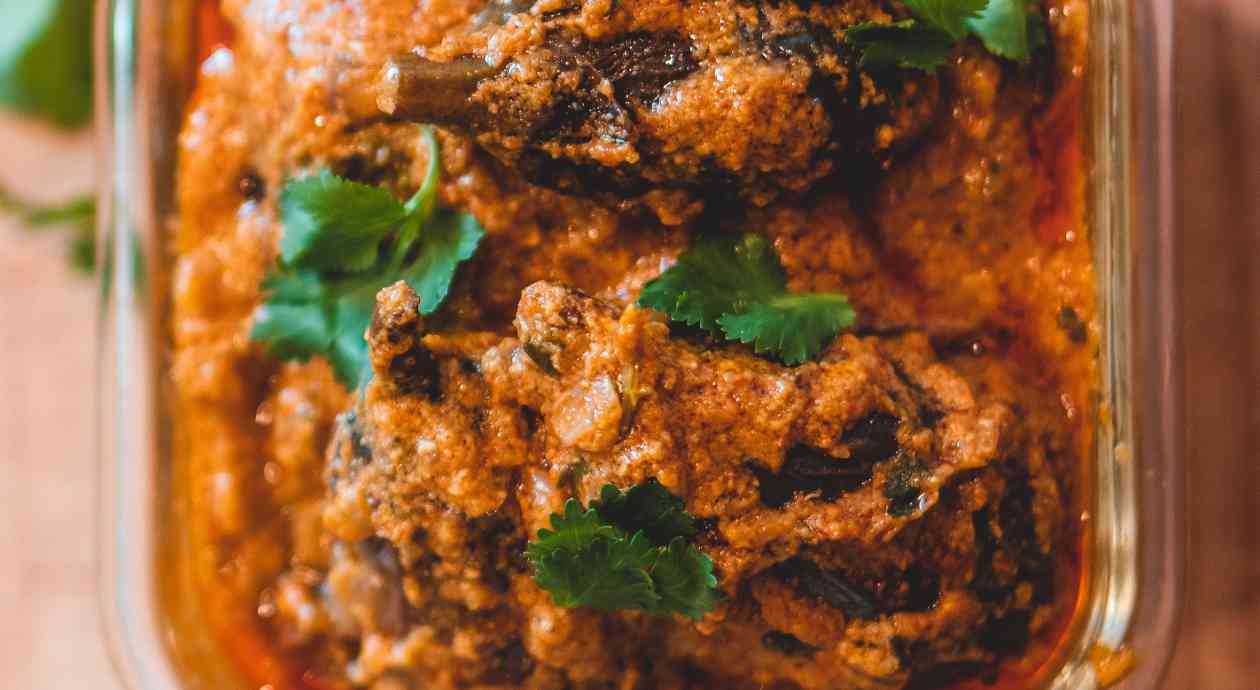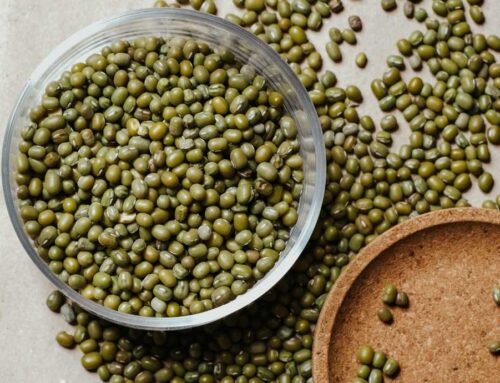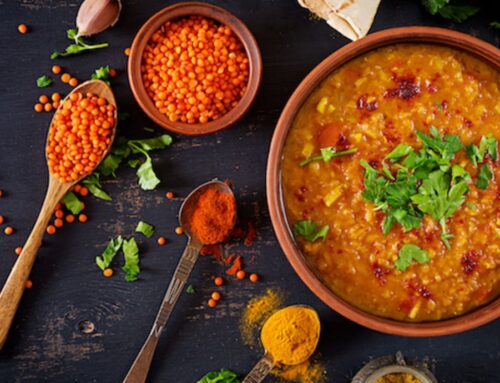
AYURVEDIC NUTRITIONAL FACTS
(Eggplant)
Rasa
Sweet
Guna
Light
Virya
Hot
Vipaka
Pungent
Eggplant is a nightshade vegetable that grows from a flowering plant. It has white flesh inside with seeds. Its shape, size, and color can differ from long to round and purple to green or white.
Eggplant is a rich source of fiber, potassium, manganese, copper, Vitamin B-6, antioxidants, and other essential vitamins and minerals. Due to this, it is a wholesome vegetable and works best as a natural healer. As a result, it also prevents various ailments.
Full Recipe in Details
Ayurveda suggests that eggplant has a sweet taste, light to digest, and heating in nature. It improves digestion, maintains heart health, and also helps to promote the quality and quantity of sperm.
As per Ayurveda, it is more suitable for a Vata & Kapha person and may cause trouble to a Pitta person leading to hyperacidity or other Pitta issues. But, it does not mean that a Pitta person can never have eggplant. They can also enjoy it when cooked with less oil and in moderation.
Baingan sabzi is a gluten-free vegetarian and vegan recipe. It is a delicious recipe to try with chapati for your lunch or dinner. This is my friend’s recipe and I love to eat it on my busy days because it takes very little time to cook.
STARTING GUIDE
INGREDIENTS
GUIDE / INSTRUCTIONS
NOTES
Ayurvedic Wisdom
Eggplant is a wholesome food that is rich in essential nutrients. Due to this, it helps to support heart health, eye health, blood sugar levels, good cholesterol levels, and promote weight loss. Above all, it maintains overall health.
Ayurveda suggests eating as per your body type. Each food has a specific property based on which it nourishes our body. Eating according to our body type helps to maintain health. Above all, it also boosts our immunity.
Baingan sabzi is more suitable for Vata, and Kapha body type people. But, it may cause acidity in a Pitta person if not taken in moderation. For them, it is better to consume it in limited quantity.
Everything in moderation is healthy. It’s all about maintaining balance. But still, we can make some changes in the recipe to make it more suitable according to our body type.
Changes to make in this recipe according to your body type:
For a Vata person, drizzle little ghee into your recipe and sprinkle a pinch of asafoetida powder while mixing the ingredients. A Pitta person should avoid frying in mustard oil, instead, use virgin cold-pressed sunflower oil. And a Kapha person can add chilly to the recipe and make it a little spicy.


Leave A Comment